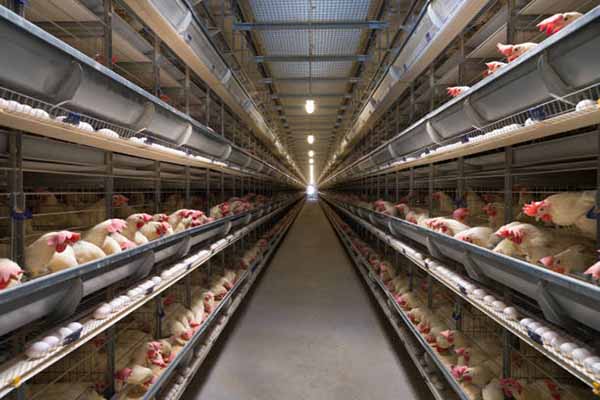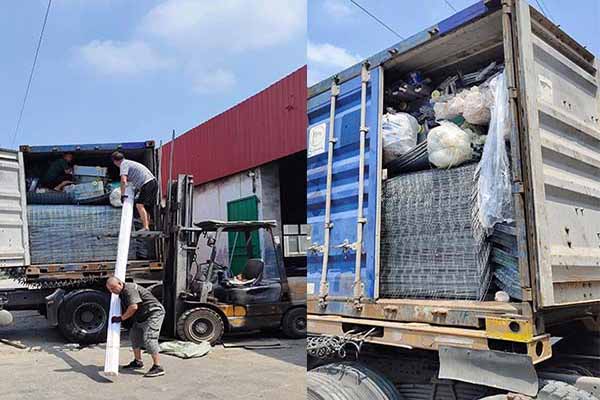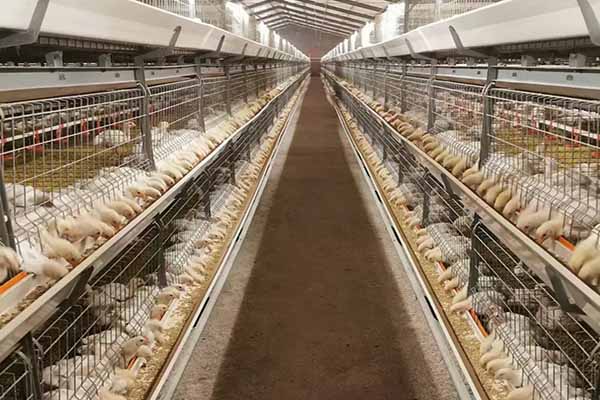How to Start a Chicken Farm in Jamaica: A Comprehensive Guide
Time : 2025-06-24
Starting a chicken farm in Jamaica can be a rewarding venture, offering opportunities for income generation and food security. With the right planning, knowledge, and equipment, you can establish a successful chicken farming business. This guide will provide you with essential steps and information to help you get started.
1. Market Research and Business Plan
Before diving into chicken farming, it’s crucial to conduct thorough market research to understand the local demand for poultry products. This will help you determine the size of your farm and the breeds of chickens you should consider.
Key aspects of market research include:
- Local consumption patterns
- Availability of chicken products in the market
- Competition from existing farms
- Local and international market trends
Based on your research, develop a comprehensive business plan that outlines your goals, strategies, budget, and timeline. This plan will serve as a roadmap for your chicken farm’s success.
2. Selecting the Right Location
The choice of location is critical for a chicken farm. Ideal locations should have the following characteristics:
- Accessibility to transportation networks
- Availability of water sources
- Proximity to your target market
- Availability of land with suitable soil composition
Consider the climate and weather patterns of the area, as these will affect the health and productivity of your chickens. In Jamaica, you should look for a location that provides adequate ventilation and shade to protect your birds from extreme temperatures.

3. Planning Your Chicken Farm Layout
A well-planned layout is essential for efficient operations and biosecurity. Here are key components to consider when planning your chicken farm:
- Brooding Area: This is where chicks are kept for the first few weeks. Ensure the area is warm, well-ventilated, and free from predators.
- Grow-out Pens: Once the chicks are a few weeks old, they will be moved to grow-out pens. These pens should provide adequate space for the chickens to roam and access to food and water.
- Feed Storage: Store feed in a dry, cool area away from direct sunlight to prevent spoilage.
- Water Facilities: Ensure a constant supply of clean, fresh water for your chickens. Use automatic watering systems to save time and reduce the risk of contamination.
- Manure Management: Develop a manure management system to handle waste effectively. Composting can be an environmentally friendly solution.
Invest in high-quality poultry equipment such as pens, feeders, and waterers. These should be durable, easy to clean, and designed to promote the health and well-being of your chickens.
4. Choosing the Right Chicken Breeds
Selecting the right chicken breeds is crucial for your farm’s success. Consider the following factors when choosing breeds:
- Purpose: Determine whether you want to focus on egg production, meat production, or both.
- Climate Adaptability: Choose breeds that are well-suited to the local climate in Jamaica.
- Productivity: Look for breeds that offer high productivity, such as laying hens with high egg production rates or meat breeds with rapid growth rates.
Some popular chicken breeds in Jamaica include:
- Red Ranger
- Red Sex Link
- Barbados Blackbelly
- Orpington
5. Health Management and Biosecurity
Chicken health and biosecurity are vital to ensure a profitable farm. Implement the following practices:
- Vaccination Programs: Develop a vaccination schedule to protect your chickens against common diseases.
- Regular Health Checks: Conduct regular health checks to detect and treat diseases early.
- Biosecurity Measures: Enforce strict biosecurity protocols, such as preventing unauthorized access, cleaning and disinfecting equipment, and controlling the movement of people and animals on the farm.
Invest in a professional veterinarian who can provide advice on poultry health and disease management.
6. Feeding and Nutrition</h balanced, nutrient-rich diet that meets the specific needs of your chickens. High-quality feed can significantly impact the growth, productivity, and health of your flock.
Key points to consider when planning your feed program:
- Quality: Choose feed from reputable suppliers that meet the required nutritional standards.
- Nutrition: Ensure your chickens receive a balanced diet that contains all the essential nutrients, including protein, vitamins, and minerals.
- Access to Feed: Provide clean, accessible feed at all times to avoid wastage and promote efficient feeding.
Regularly monitor your chickens’ feed consumption and adjust the feeding program as needed.
7. Marketing and Distribution
Develop a marketing strategy to promote your chicken products and secure sales. Here are some suggestions:
- Direct Sales: Sell directly to customers through farm gates, community markets, or doorstep deliveries.
- Wholesale: Establish partnerships with local supermarkets, restaurants, and hotels.
- Online Sales: Create an online presence through social media platforms or a dedicated website.
Focus on building strong relationships with your customers and offering quality products to maintain a loyal customer base.
8. Financial Planning and Sustainability
Sound financial management is essential for the sustainability of your chicken farm. Consider the following aspects:
- Budgeting: Create a detailed budget that includes startup costs, operational expenses, and revenue projections.
- Cost Control: Monitor and manage costs to ensure profitability.
- Investment in Efficiency: Invest in energy-efficient and labor-saving equipment to reduce expenses.
Regularly review your financial performance and adjust your strategies as needed to maintain a sustainable business.

Conclusion
Starting a chicken farm in Jamaica requires careful planning, dedication, and knowl edge. By following this comprehensive guide, you can lay a strong foundation for a successful chicken farming business. Remember to stay informed about the latest developments in poultry farming and seek professional advice when needed.
edge. By following this comprehensive guide, you can lay a strong foundation for a successful chicken farming business. Remember to stay informed about the latest developments in poultry farming and seek professional advice when needed.











